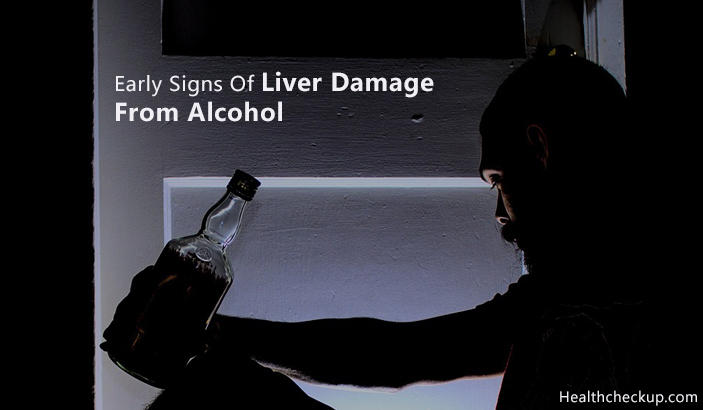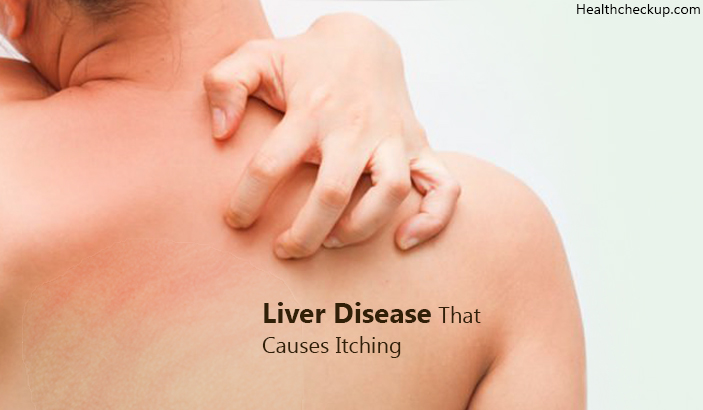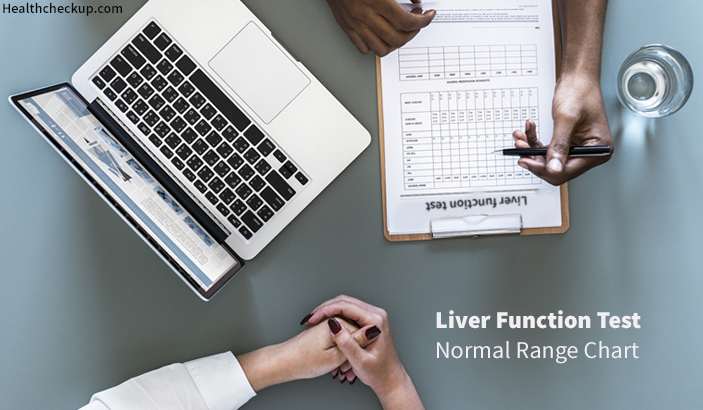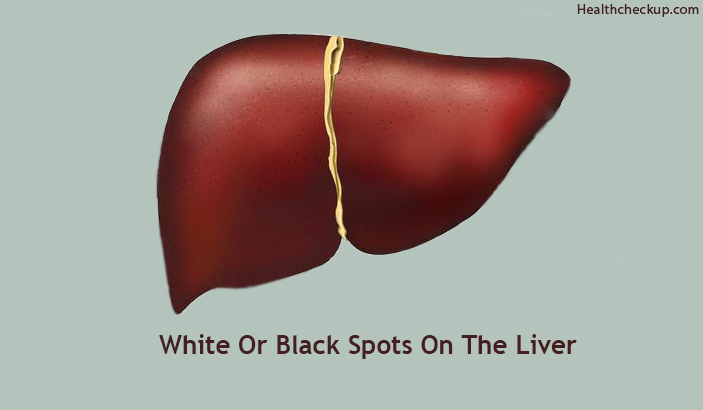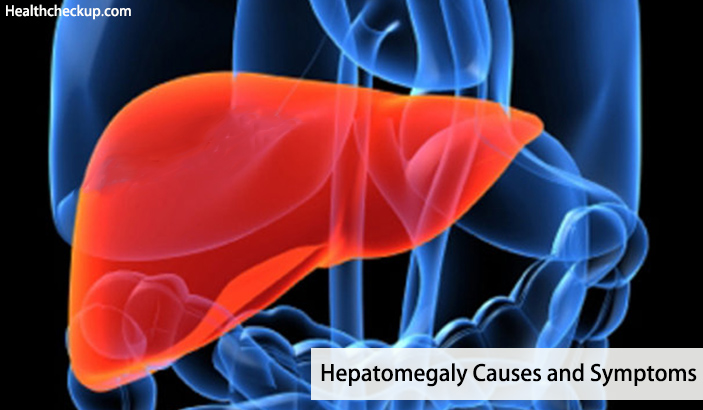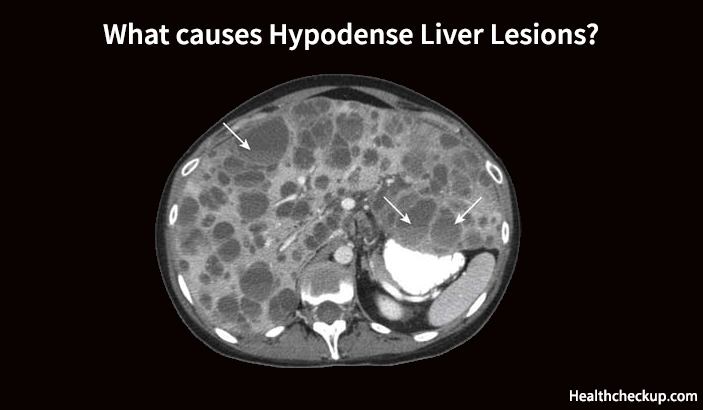The liver is a vital organ in your body. It is involved in protein synthesis and detoxification. A number of bad health and lifestyle practices hurt your liver. Liver damage from alcohol abuse is the commonly seen form of damage to the liver. When your liver is damaged, you will feel sick and show a number of symptoms. In this article, we look at the early signs of liver damage from alcohol that you will note.
Acetaminophen found in many pain relievers has also been linked to liver damage. Breakdown of alcohol and acetaminophen results in a chemical reaction that may damage liver cells. When there is overload, also called OXIDATIVE STRESS, this damage leads to scarring and inflammation of the liver. Medical advances in recent times have made liver damage from alcohol reversible if you seek early medical intervention.
Early Signs of Liver Damage from Alcohol
Liver damage from alcohol is as a result of drinking too much for a considerable period of time. A rate of 35 weekly drinks for men and 28 weekly drinks for women taken over a period of 10 years or more increases the probability of developing liver damage substantially. Cirrhosis is the last stage of liver disease caused by alcohol abuse. It is best to get early medical attention for liver damage. Early signs of liver damage from alcohol you should look out for are
● Abdominal pain and tenderness. With cirrhosis, there is abdominal swelling or accumulation of fluid.
● Skin changes – You will note that your skin turns abnormally light or dark skin. You will also see Spider Veins (small red blood vessels on the skin resembling a spider’s legs).
● Abnormal bleeding characterized by bleeding gums, nosebleeds, vomiting blood and bloody or dark-black bowel movements.
● Nausea, Loss of appetite, Weight loss and Fatigue.
● Jaundice – Yellow color observed in the mucus membranes, skin and eyes.
● Dry mouth and increased thirst
● Swelling of the legs due to fluid buildup.
Liver damage affects the brain and nervous system. If this happens, you become agitated, experience inexplicable mood changes. You may also feel confused with hallucinations, impaired memory and will have periods of lowered awareness and alertness.
Testing for Liver Damage
When you see the early signs of liver damage from alcohol and visit your doctor, they will order some tests. These tests may involve physical examination, laboratory investigations and other diagnostic procedures and equipment. Some of the tests check for reduced liver function while others are aimed at ruling out other diseases that may be causing your symptoms.
The tests that identify liver damage are a Liver Biopsy, Complete Blood Count and Liver Function Tests. To rule out other diseases, you may have to undergo an Abdominal CT Scan or Ultrasound.
How to Repair Liver Damage from Alcohol
It is possible to repair liver damage from alcohol and acetaminophen. The liver is the single internal organ capable of complete regeneration. Even with some areas of the liver not working, it is still able to provide support to your body. The liver is fast in its regeneration. However, disruption of the healing process due to chronic alcohol use and drugs overdose lead to the formation of scar tissue which the liver cannot remove.
Quitting the use of alcohol is an important first step towards repairing liver damage. All liver damage repair processes are internal since it is your body that repairs the damaged liver. This is why liver damage from alcohol treatment is progressing faster and better with proper nutrition. Repairing the liver is easier if you have not developed liver cirrhosis. You should take the following steps to repair liver damage from alcohol
- Do not drink any more alcohol and stay away from harmful substances and drugs. You do not want to add more injury to your already-hurt liver.
- Eat healthy to give your body all the nutrients it needs to repair the liver. Eating healthy also ensures that your body functions well despite the damaged liver.
- Stay well hydrated at all times. A well hydrated body is able to clear toxins faster and properly carry out body processes such as repair of damaged tissue and organs.
- The severe liver disease may cause decreased muscular strength. Exercise moderately if you can. It will improve circulation and reduce your risk of having non-alcoholic fatty liver and cardiovascular diseases.
Call your medical care provider as soon as you note the early signs of liver damage from alcohol. The signs and symptoms may come after heavy or prolonged drinking. You should also seek your doctor’s advice if you get concerned that your drinking habit is damaging your health.
Medically Reviewed By

Professionally, a trained Microbiologist and Plant operator, Eustace is an experienced health content writer who is passionate about helping people lead a healthy life.


